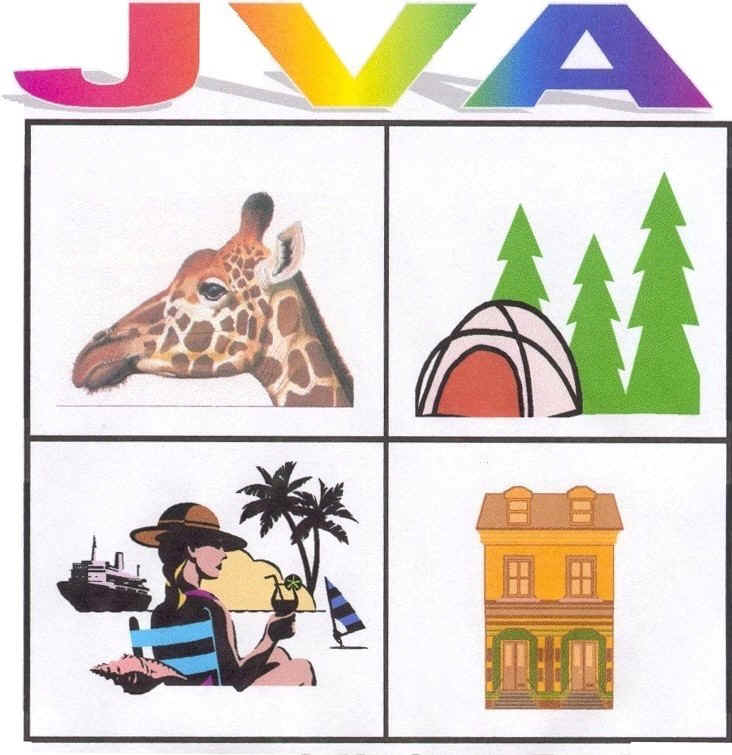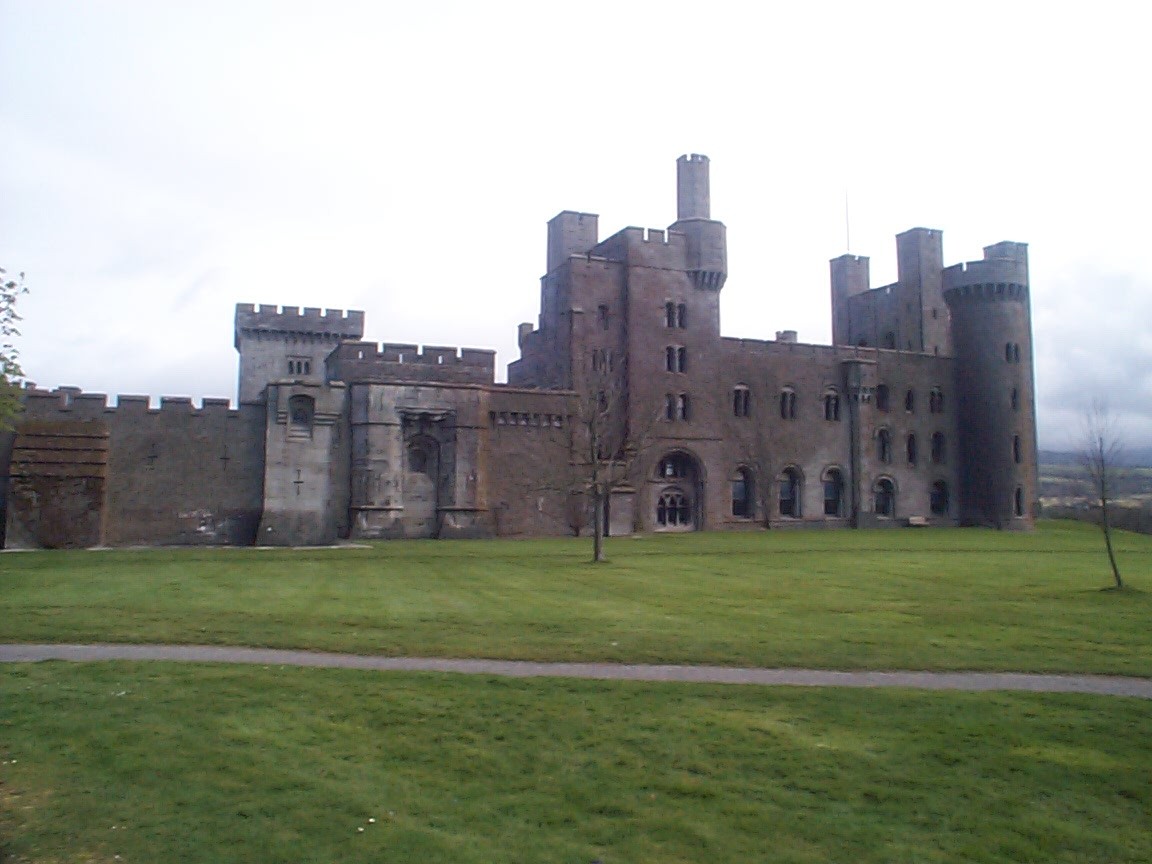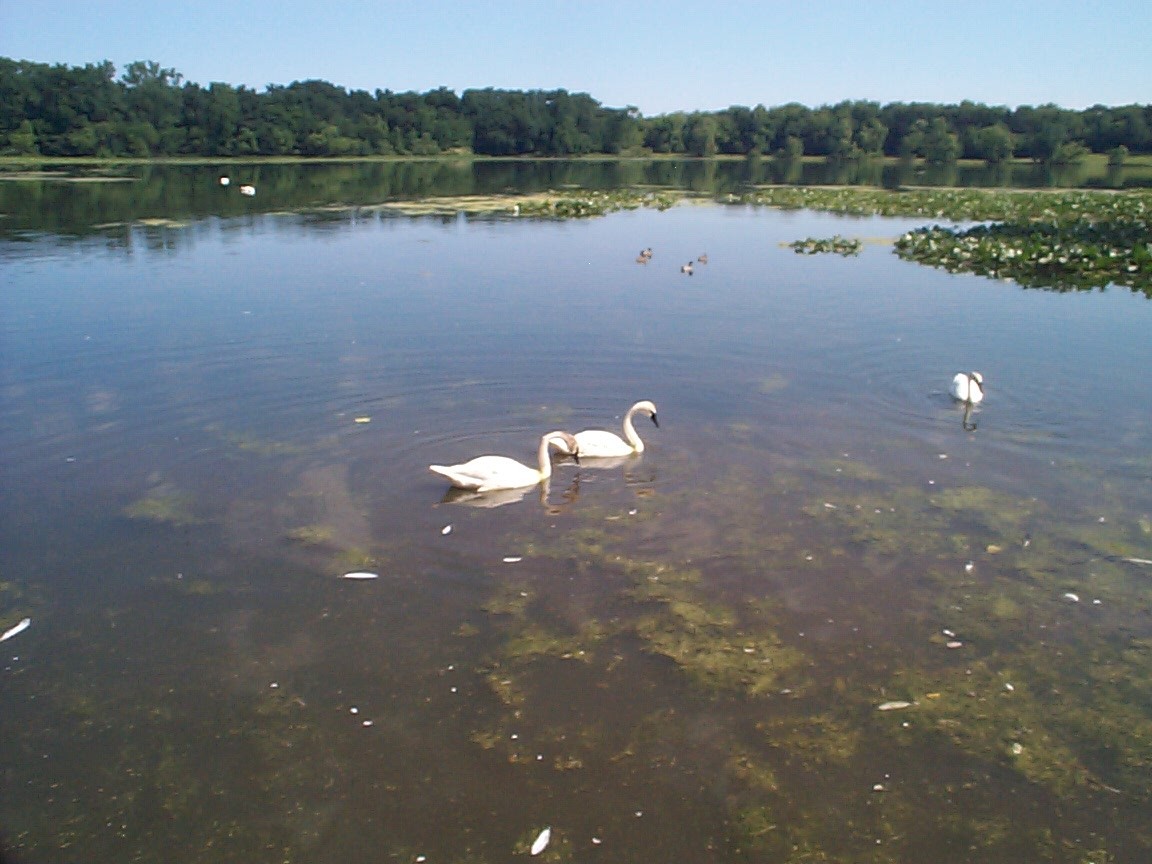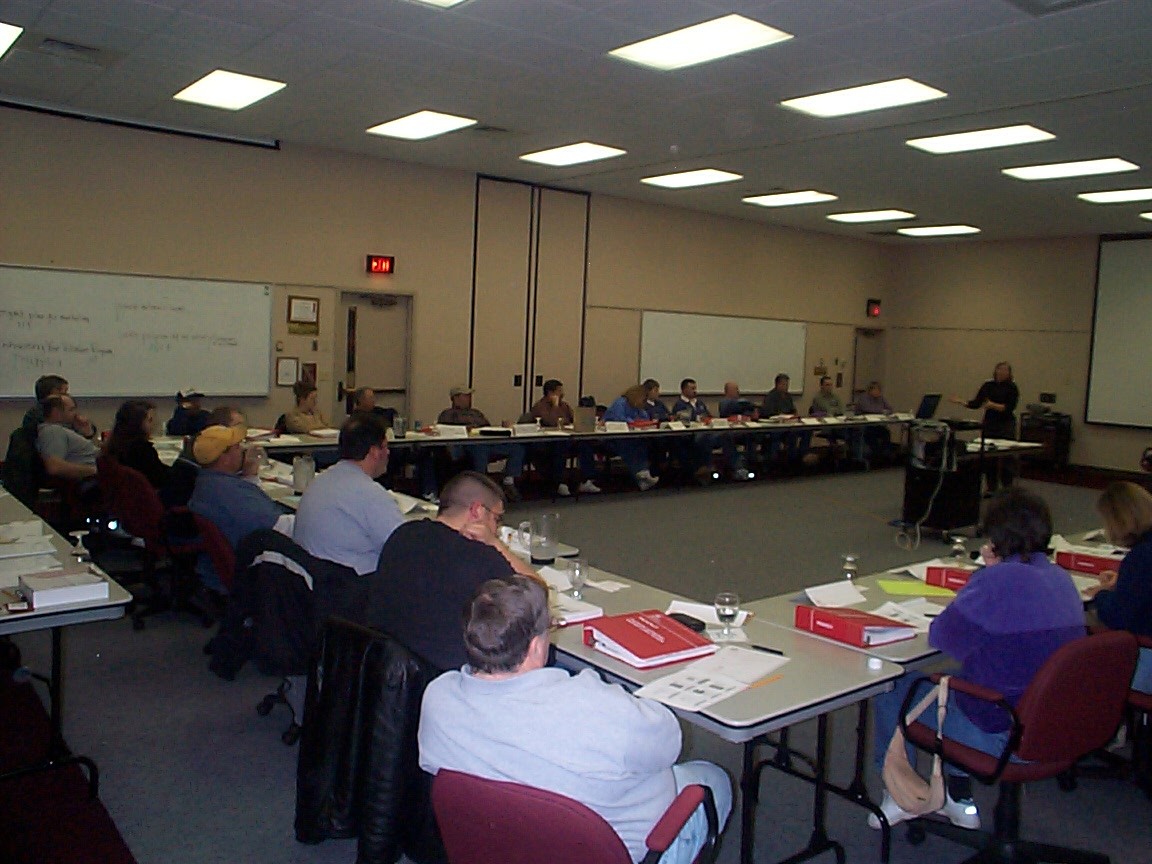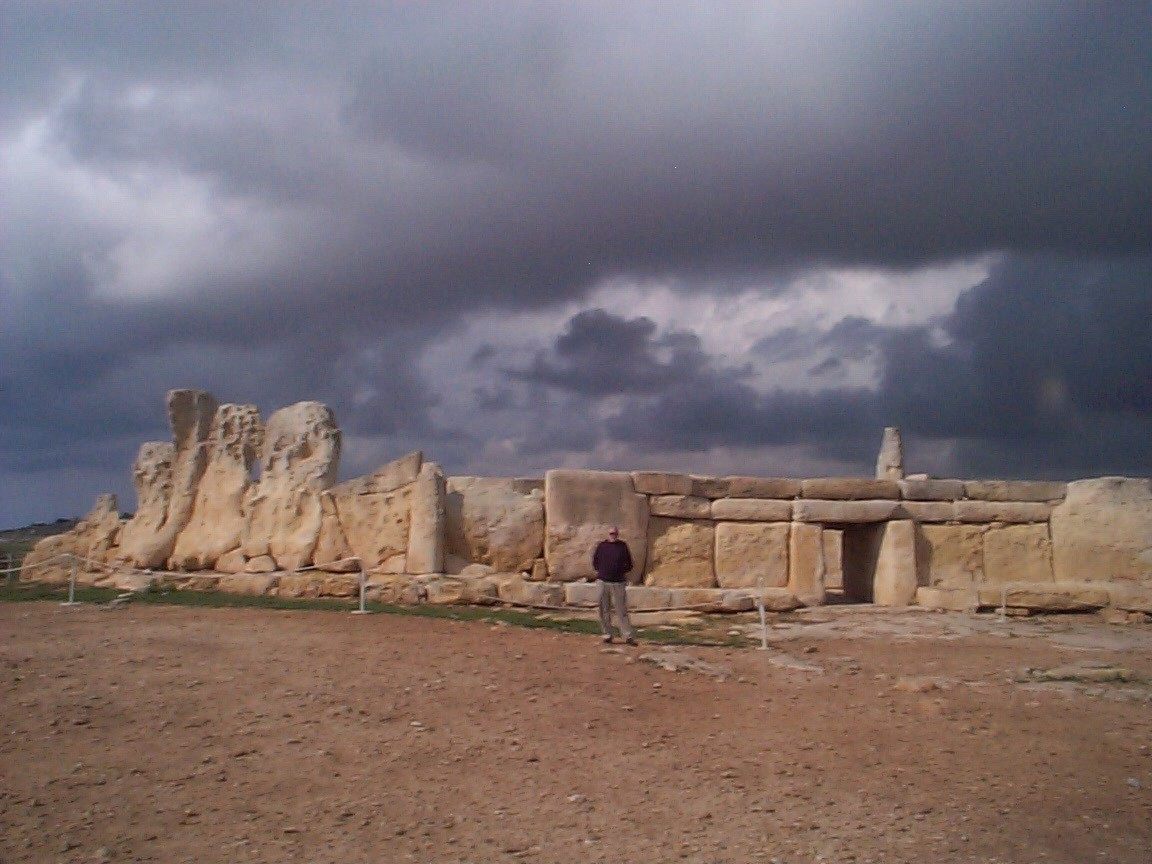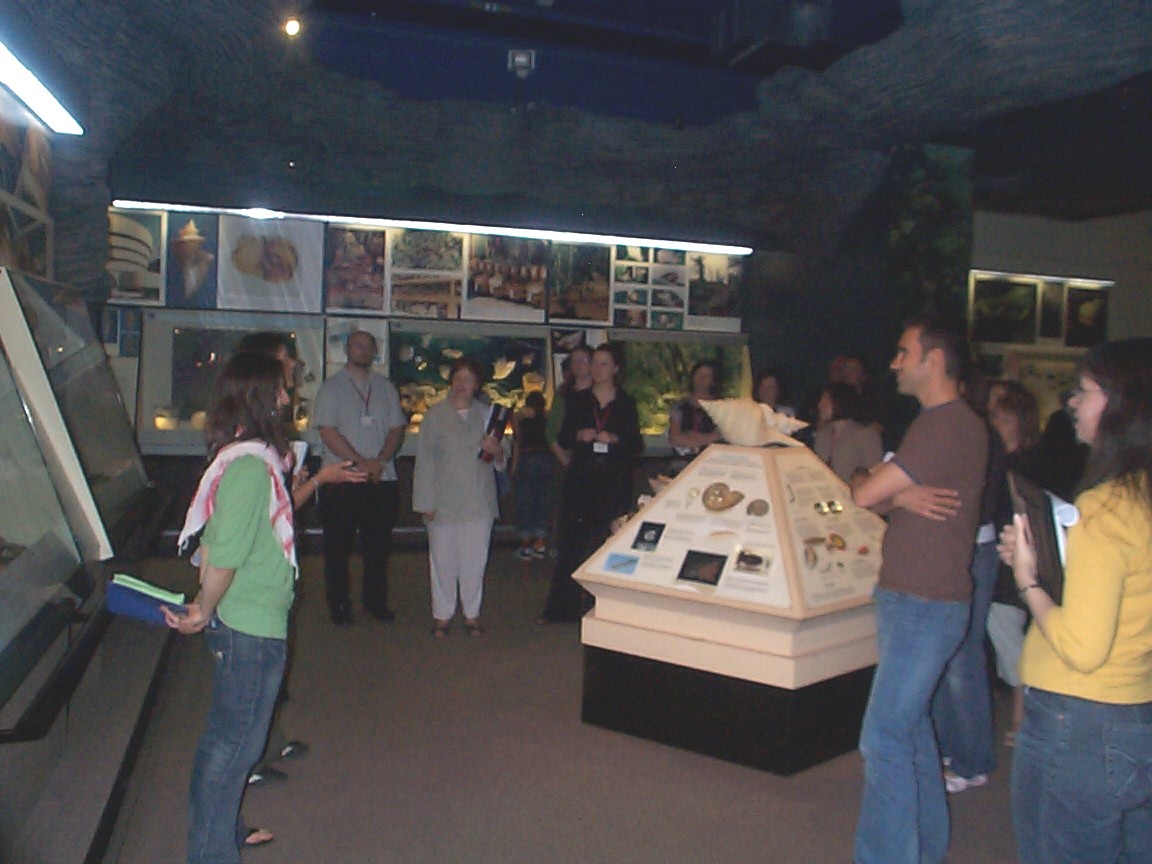
Expert in Interpretive Planning and Interpretive Consultant -
that has a nice ring to it. But what does it really mean? What is the difference between an average run-of-the-mill
interpretive planner/consultant or trainer and an "expert" interpretive planner
or trainer?
When you surf the web under "interpretive planning" - you will find lots of
"experts". So I thought I would chat a bit about what I think the word expert
means - particularly in the interpretive profession.
I think that to be an "expert" interpretive planner there are several
qualifications or experiences that the planner should possess. Here are my top ten:
1. I think that an expert interpretive planner should have a
college degree with a major in interpretation - including a course
specifically in "interpretive planning"? Without a sound academic
background in interpretive principals, theory, techniques, media, interpretive research,
etc. you simply aren't going to know that much about the profession and how to do it.
How can you be an expert in something you have little or no academic training in at
all?
2. An expert interpretive planner or trainer has heard of
Freeman Tilden and has first hand experience in actually applying Tilden's Interpretive
Principals to interpretive products, services or programs.! They know and can easily
demonstrate the difference between "information" and "interpretation",
and can apply interpretive principals to exhibits, live programs, etc. They can
"do" interpretation at the drop of a hat!
3. I think that an expert interpretive planner should have lots
of experience (years) "doing" interpretive planning, and have a lot of products
that demonstrate excellence and innovation in the interpretive process. Each
interpretive project is a learning experience with which the planner thinks about
improvements to their interpretive planning strategies that can be applied to the next
project. Just because you own a company that offers interpretive planning
services doesn't mean that you are really good at doing it! That leads us
to the next criteria for being an expert -
4. An expert interpretive planner knows that they don't know
everything and are open to, and anxious to learn and improve their craft, skills, and
philosophical strategies. An expert always wants to improve - to be the best!
Being an interpretive planner is NOT just about what you do but more about "Who You
Are"! It is not just a job or a project - it is a career philosophy and
dedication to that career that seperates experts from those simply "doing a
job".
5. An expert interpretive planner is certified
as professional interpreter, interpretive planner or trainer. That means that they
have taken written exams, submitted samples of completed interpretive plans or materials
to a review board that assesses the quality of the products and have demonstrated to other
experts that they produce superior quality work. I think that if you produce average
quality work - you really aren't an expert.
6. An expert interpretive planner or trainer shares their ideas,
knowledge, strategies with others - so they have probably published articles about
interpretation in various interpretive journals, presented at conferences or workshops or
found other ways to teach and share what they have learned. That leads us to number
7.
7. An expert interpretive planner wants to encourage and help
others to "raise the bar" in interpretive planning standards - to help the
interpretive profession grow and become better. To help improve the quality of
interpretive products, and help train those providing those products. They are very
active within their profession and committed to contribute to its growth.
8. An expert in interpretation/interpretive planning is a member
of the various professional interpretive organizations, such as the
National Association for Interpretation, Interpretation Canada, and others. It is
through these professional memberships - reading professional journals -
attending National and International interpretive conferences - sharing ideas and learning
new ones - keeping up on the latest ideas, media, research, and skills that contributes to
individual on-going professional growth.
9. An expert in interpretive planning will gladly share with you
samples of their products to review or learn from. An expert knows that
"products speak for themselves" - compare my work against others, and if
theirs is better - hire them! Experts have firm confidence in the quality
of their products.
10. An expert interpretive planner/consultant knows that
becoming and maintaining your status as an expert interpretive planner is not a
destination, but a journey!
So that's what I think an expert in interpretation/interpretive planning or training is
- what do you think?
Cheers,
John Veverka, jvainterp@aol.com
